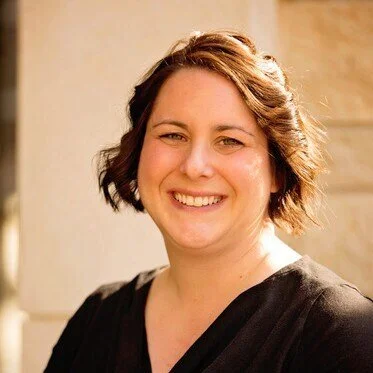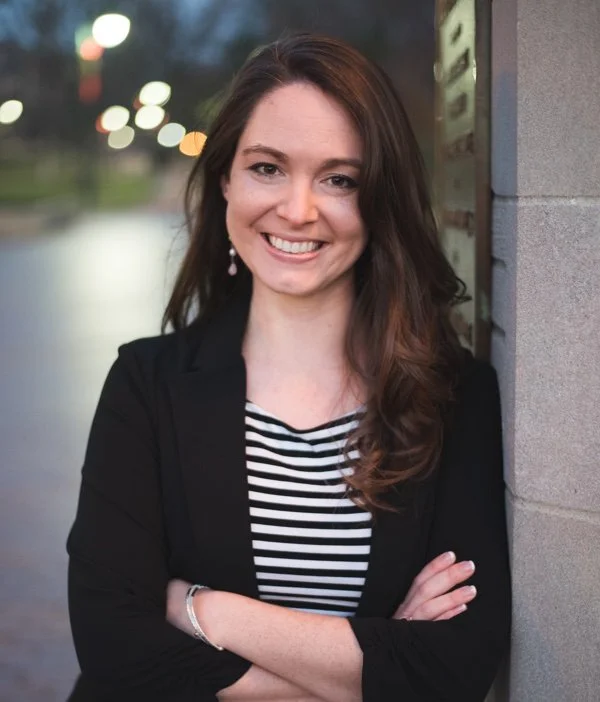
We Are…
A non-profit dedicated to promoting the WoWW classroom coaching model through research, education, and implementation.
Our Vision
Established in 2024, the WoWW Foundation is the first organization of its kind to exist exclusively for the development and promotion of the Working on What Works (WoWW) classroom coaching model.
Our vision is that one day, the WoWW coaching model will become a widely recognized evidence-based and implemented practice, characterized by rigorous evaluation, scalability, and replicability across countries, grades, and schools, adapting to diverse needs while maintaining core effectiveness. When this vision is accomplished, every WoWW classroom will become a place of relational, trauma-informed, strength-based learning empowered by the principles of WoWW.
Our Board of Directors
-

Amber Vennum
PRESIDENT
-

Laura Wallace
SECRETARY
-

Lee Shilts
MODEL CREATOR
The History of WoWW
The following are excerpts from Classroom Solutions: WoWW Approach written by Insoo Kim Berg & Lee Shilts (2014):
“Some time ago, I (Insoo Kim Berg) had a chance to have a dinner with my long‐time colleague and friend, Lee Shilts and his wife, Margaret Shilts during a visit to Florida. Lee had been teaching the Solution‐Focused Brief Therapy (SFBT) model for many years to masters and doctoral level students at a university in Southeast Florida, but this was my first meeting with Margaret. Margaret had nearly 30 years of experience as a special education teacher in middle schools. She immediately impressed me with her passion for teaching and love for the students. She referred to her students as “my children,” but she had had a particularly difficult day. We got to talking about a very challenging student in her class, Marcus, who tapped, pounded, and drummed on his desk all day long. All of her skills and experience working with difficult students were not successful in diverting his attention to something more productive than annoying and creating such a distraction for the entire class.
Fortunately, the following morning I had a couple of hours free, so we made a hasty arrangement for Lee and me to visit Margaret’s classroom and watch the class in action to gain a better idea of what might be useful. Margaret introduced us to her class as visitors who were going to observe what students do well. Margaret introduced her husband then turned to me and introduced me as, “Insoo, who travels around the world.” We sat down in the back of the classroom to observe what the children were doing that was worth paying attention to. Soon Marcus walked over to where we sat in the back of the classroom and began asking questions with his big eyes wide open. “Have you been to Miami?’ “Have you been to New York?” Marcus named these and many other big cities. When my answer to each question was, “yes,” Marcus was properly impressed. Then his final test came: “Have you been to Boston?” When I answered, “yes,” he brightened up and wanted to know how many times. I replied, “Oh, I don’t remember exactly, but I would guess maybe five or six times.” With a big smile, he said his family lived in Boston before moving to Florida and we shared a knowing smile as if we were long time buddies. Apparently, he was satisfied. He returned to his desk on the opposite corner of the room and began working on his class work. He was not distracted by the noise and commotion in the class, and remained very focused on his work without a break.
During dinner that evening, Margaret, Lee, and I reviewed our observation and shared our reaction to Marcus and what might be useful to think about. We realized that Lee and I completely forgot to compliment Marcus on his ability to focus, his intense curiosity, or how he talked to me so politely and respectfully. So, we wrote a letter to Marcus and asked Margaret to give it to him the next morning. A week later, I heard from Margaret and Lee about the amazing changes in Marcus! Marcus carried the letter in his backpack pocket for a week, showing it to anybody who would listen and he became the envy of the class.
This inspired Margaret, Lee, and me to realize what a powerful impact such as a note of compliment can have on a child. A small letter that complimented and acknowledged his successes had a powerful impact on Marcus! We wondered what would happen if we complimented children like Marcus on a more consistent basis. Margaret talked with other special education teachers and asked whether they would be interested in “experimenting” in some untested premise of discovering classroom solutions. An entire academic year of experimenting, under the guidance of Lee Shilts, who visited New River Middle School each week, monitoring and supervising, yielded tremendous progress.”



